ผู้ผลิตอุปกรณ์วารีบำบัดลำไส้ใหญ่
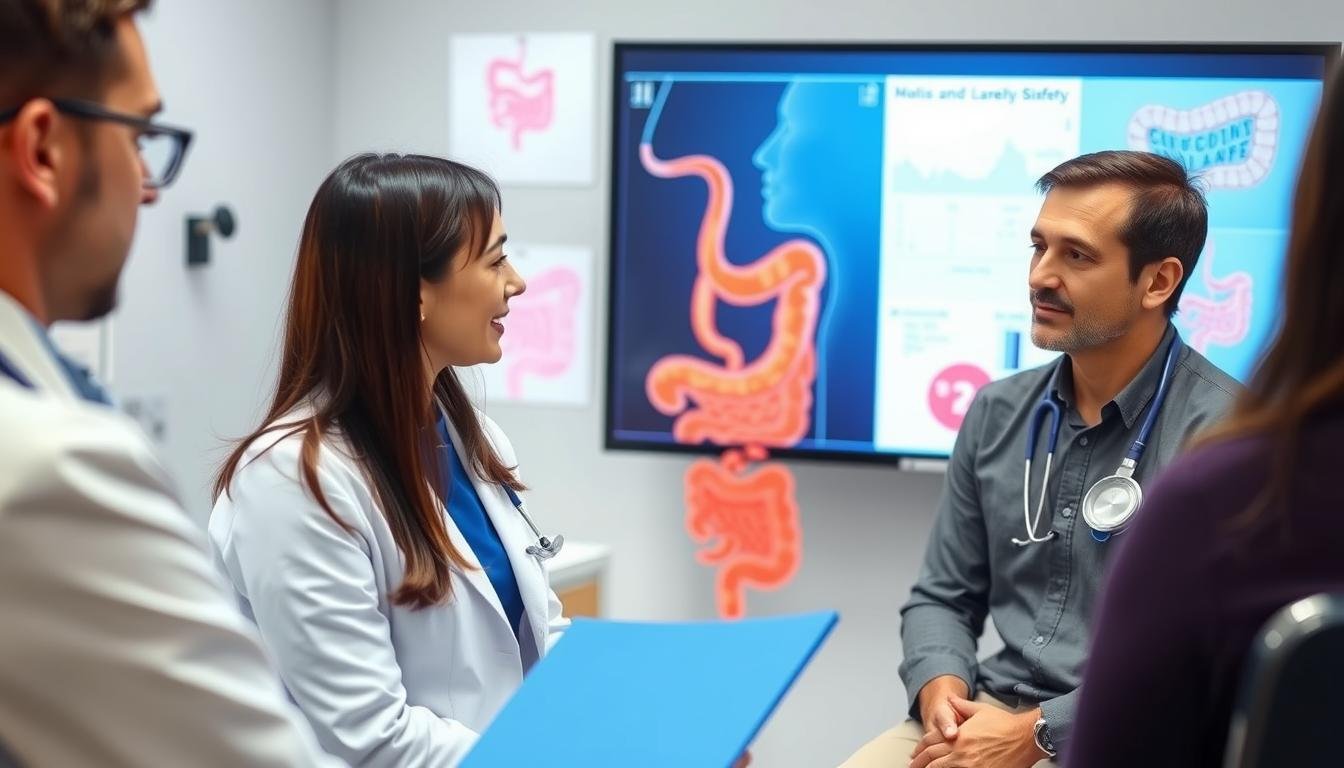
What Are Colonics? Understanding the Procedure
Is Colonics safe? Colonics, or colonic hydrotherapy, is a procedure where large amounts of water (sometimes mixed with herbs or other substances) are flushed through the colon via a tube inserted into the rectum. The purpose is to remove waste material and alleged toxins from the large intestine.
During a typical colonic procedure:
- A practitioner inserts a disposable tube into your rectum
- Water flows through the tube into your colon
- Waste material is expelled through another tube
- The procedure typically lasts 45-60 minutes
- Multiple sessions may be recommended by practitioners
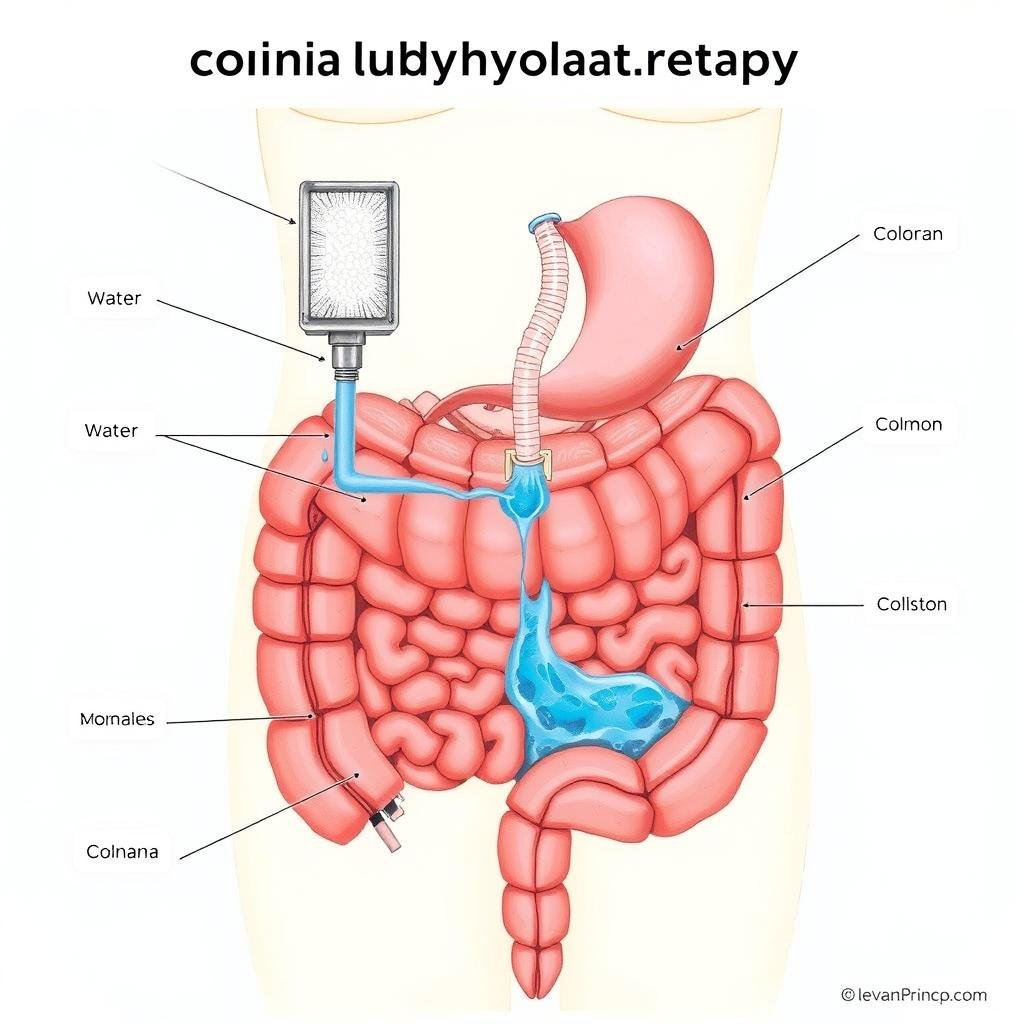
Unlike enemas, which affect only the lower part of the colon, colonics aim to cleanse the entire large intestine. Practitioners often perform the procedure in wellness centers or alternative health clinics, though these facilities and practitioners may not be medically licensed or regulated.
Claimed Benefits vs. Medical Consensus
Is Colonics safe? Proponents of colonics make various health claims about the procedure. However, it’s important to understand how these claims compare with the medical consensus among healthcare professionals.
Claimed Benefits by Practitioners
- Removal of toxins and waste buildup
- Improved digestion and relief from constipation
- Enhanced energy levels and mental clarity
- Strengthened immune system function
- Weight loss and reduced bloating
- Improved overall wellness and vitality
Medical Consensus
- No scientific evidence supporting detoxification claims
- The colon naturally eliminates waste effectively
- Temporary relief may mask underlying health conditions
- Disrupts beneficial gut bacteria essential for immunity
- Weight loss is temporary and primarily water loss
- Potential risks outweigh unproven benefits
Expert Insight: “Our bodies are equipped to cleanse themselves,” explains Dr. Anuradha Bhama, colorectal surgeon at Cleveland Clinic. “The idea that the average person’s colon needs to be cleansed — or that having colonic hydrotherapy offers health benefits — isn’t proven.”

Potential Risks and Safety Concerns
Is Colonics safe? Medical experts and health organizations have identified several significant risks associated with colonics. Understanding these potential complications is crucial when considering the procedure’s safety.
Physical Risks of Colonics
- Bowel perforation: The tube or excessive water pressure can tear the intestinal wall, requiring emergency surgery
- Infection: Improperly sterilized equipment can introduce harmful bacteria
- Electrolyte imbalance: Disruption of essential minerals like sodium and potassium
- Dehydration: Excessive fluid loss during the procedure
- Kidney and heart problems: Particularly in those with existing conditions
- Disruption of gut microbiome: Removal of beneficial bacteria essential for health
Who Should Avoid Colonics
Colonics pose particular dangers for people with certain health conditions. According to medical experts, you should avoid colonic irrigation if you have:
- Diverticulitis or diverticulosis
- Crohn’s disease or ulcerative colitis
- Ischemic colitis
- Recent colon surgery
- Kidney disease
- Heart disease
- Severe hemorrhoids
- Intestinal tumors
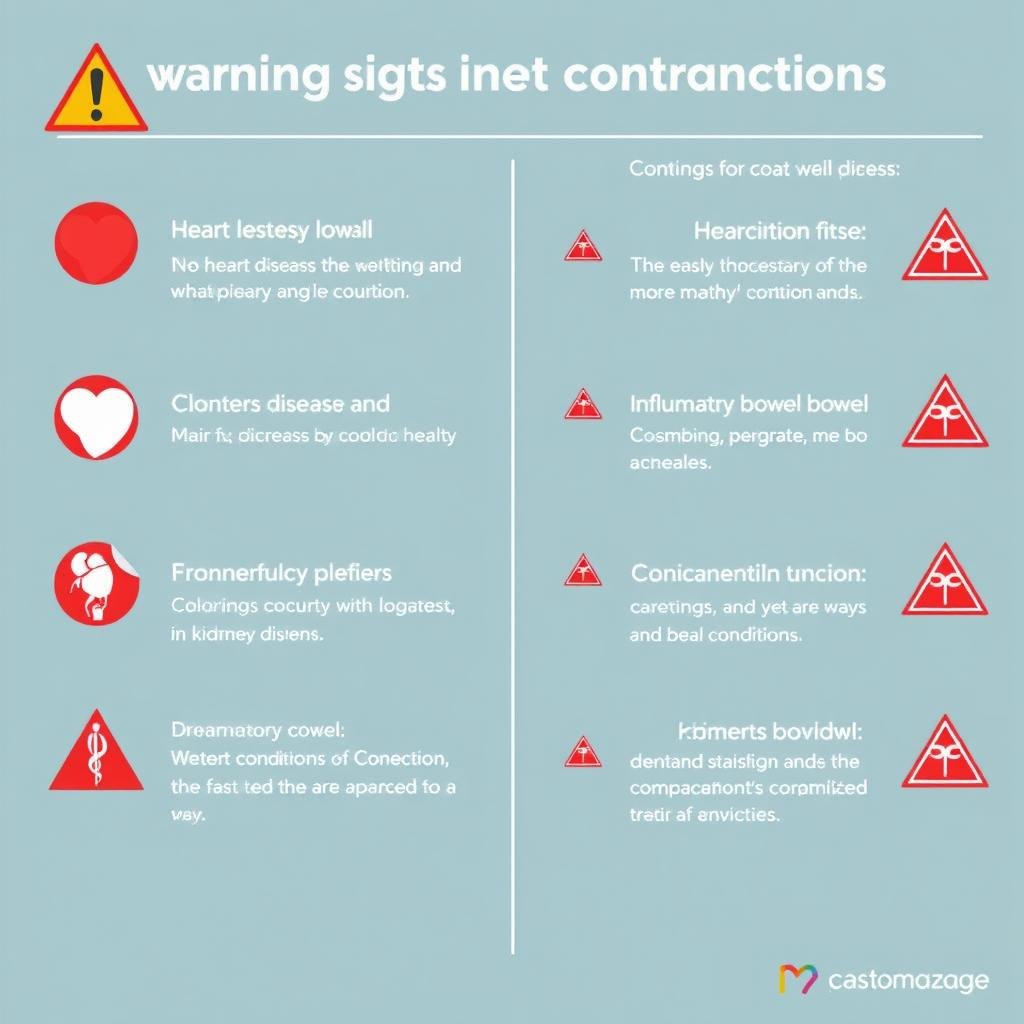
FDA Warning: The U.S. Food and Drug Administration (FDA) has not approved colonic irrigation devices for routine use in cleansing the colon. The FDA classifies these devices for medical use only, such as before radiological or endoscopic examinations.
Concerned About Digestive Health?
If you’re experiencing digestive issues, consult with a healthcare professional about evidence-based approaches rather than risking colonics.
What Medical Experts Say About Colonics Safety
“It’s not something that you need to do to maintain the health of your colon. For some people, colonic hydrotherapy can actually be dangerous.”
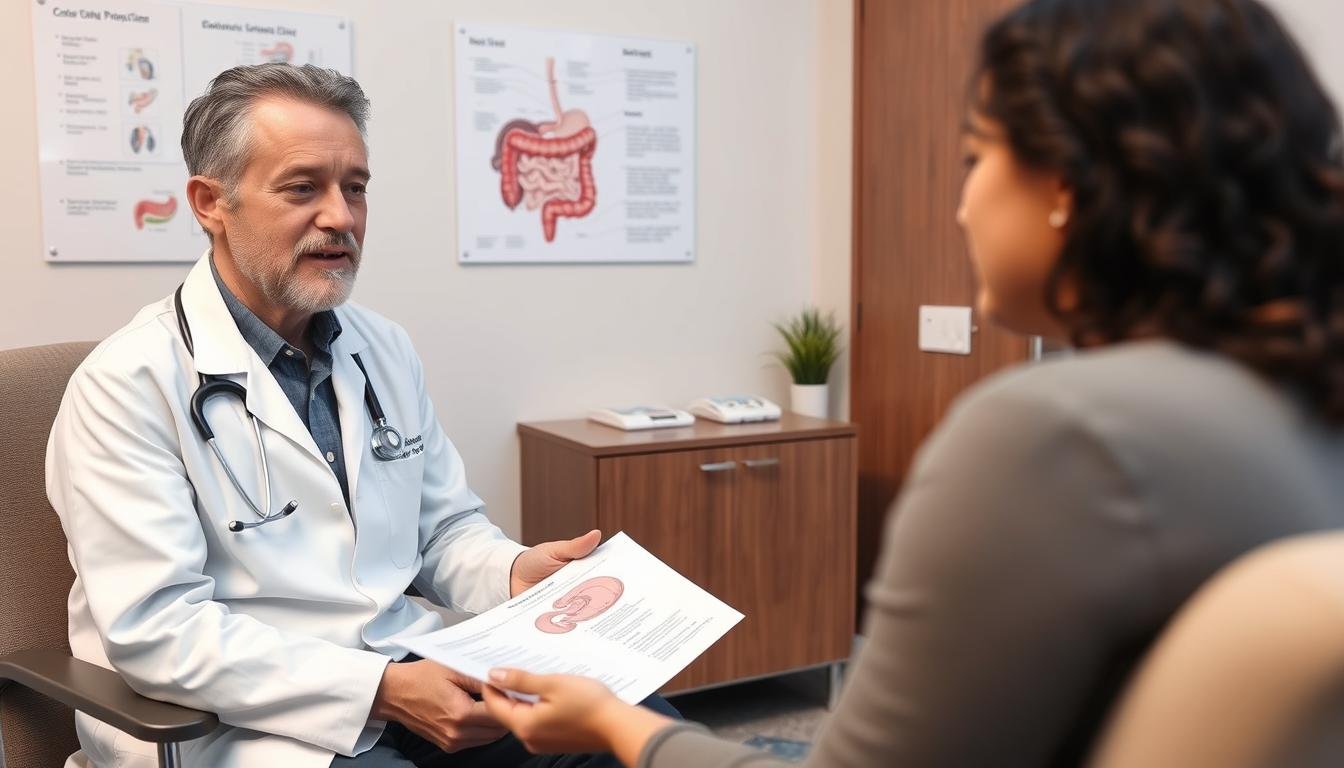
Gastroenterologist Perspective
Dr. Robert Bresalier, gastroenterologist at MD Anderson, states: “Colon cleansing has been around for a long time, but there’s no proof that it prevents disease or improves health.” Medical gastroenterologists emphasize that the colon is self-cleaning and designed to eliminate waste efficiently without intervention.
Colorectal Surgeon Insights
Is Colonics safe? Colorectal surgeons like Dr. Craig Reickert warn that colonics can interfere with the colon’s natural function: “While it’s important to pay attention to your gut health, colon cleanses do not offer any medical benefit — and they pose serious health risks.”
“In rare cases, colonic cleaning via hydrotherapy can result in perforation of the colon. This risk increases if the procedure is performed by someone without proper training.”
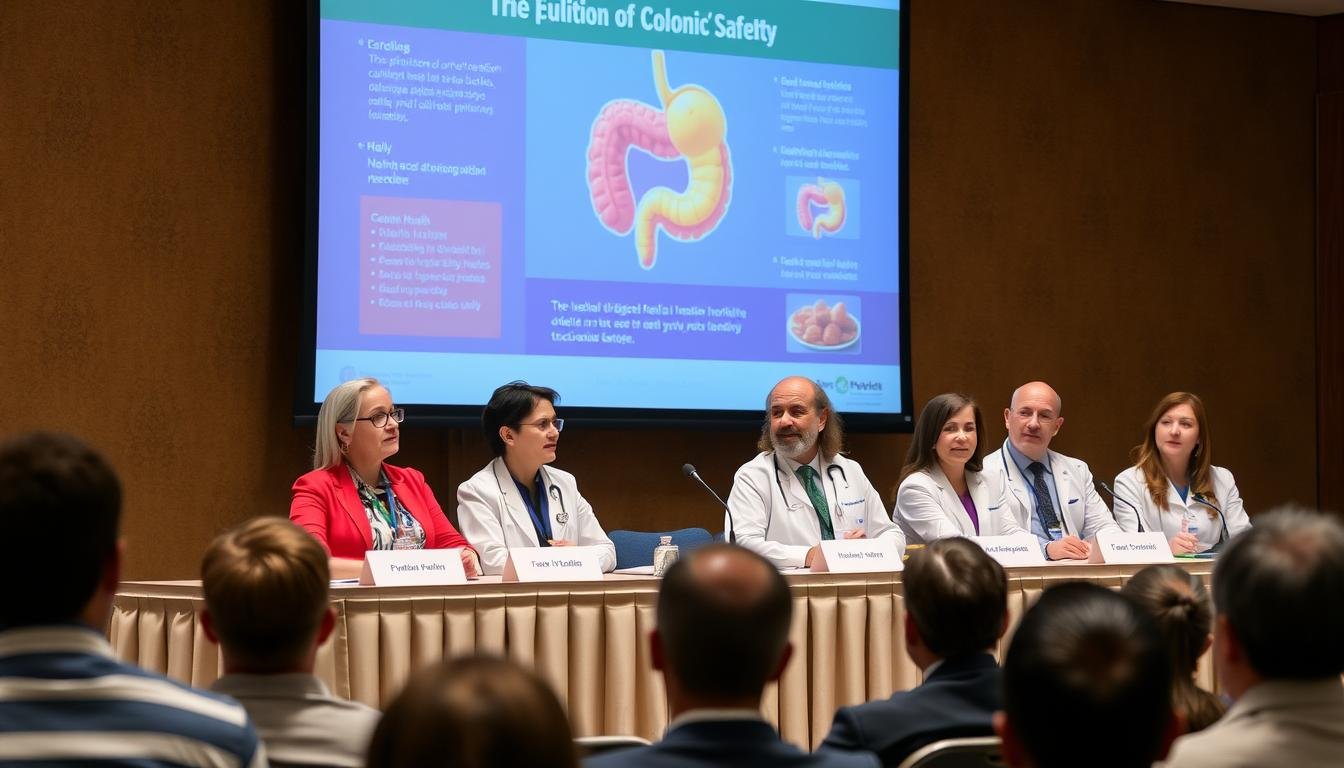
Regulatory Status and Industry Oversight
Understanding the regulatory landscape around colonics can help you assess safety considerations:
| Regulatory Aspect | Status | Implications for Safety |
| FDA Approval | Not approved for routine colon cleansing | Devices only approved for medical procedures like pre-colonoscopy preparation |
| Practitioner Certification | Varies by state; often minimal requirements | Many practitioners lack medical training or credentials |
| Facility Oversight | Limited inspection requirements | Sanitation and safety protocols may be inconsistent |
| Adverse Event Reporting | No standardized system | Complications may be underreported |
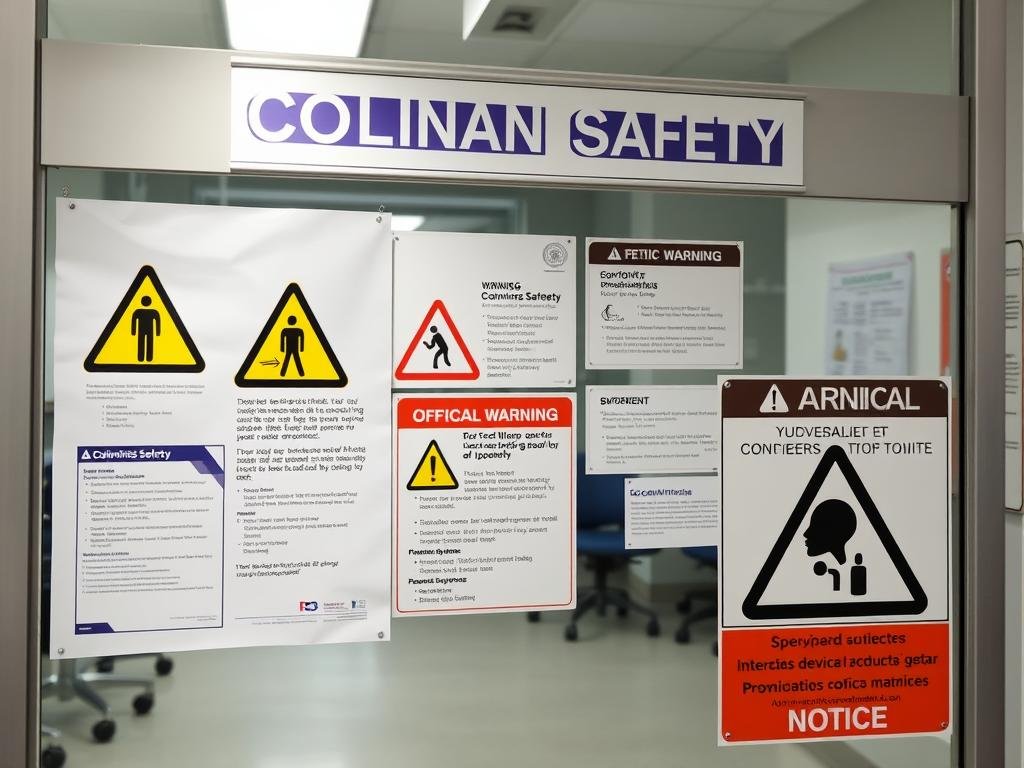
Safety Guidelines If You’re Considering Colonics
If you’re still considering colonics despite the risks, these safety guidelines may help minimize potential harm:
Before the Procedure
- Consult with your primary care physician first
- Disclose all medical conditions and medications
- Verify the practitioner’s credentials and training
- Inspect the facility for cleanliness and proper equipment sterilization
- Ask about emergency protocols in case of complications
Red Flags to Watch For
- Practitioners making exaggerated health claims
- Recommendations for frequent or long-term treatments
- Discouragement from consulting medical doctors
- Unsanitary conditions or equipment
- Pressure to purchase supplements or additional services
Important: If you experience severe abdominal pain, fever, vomiting, or rectal bleeding after a colonic, seek immediate medical attention as these could indicate serious complications.
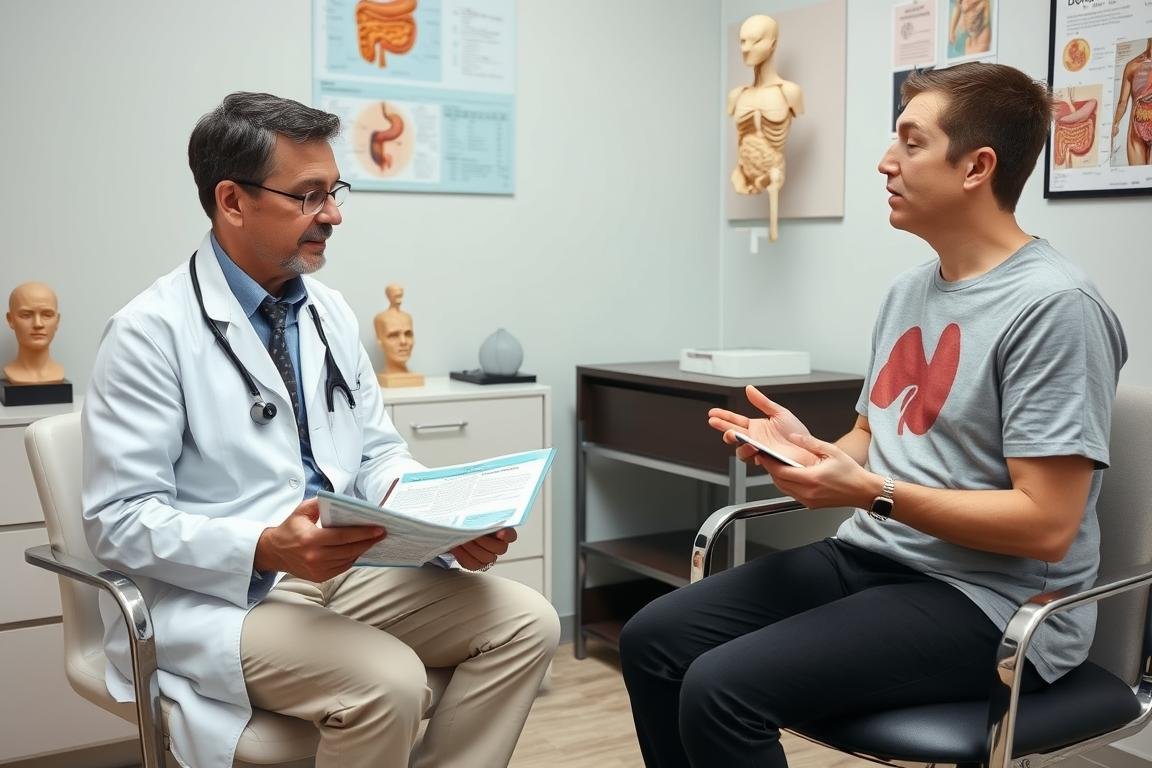
Evidence-Based Alternatives for Digestive Health
Instead of colonics, medical experts recommend these evidence-based approaches to maintain colon health:

Fiber-Rich Diet
Consume 25-30 grams of fiber daily from fruits, vegetables, whole grains, and legumes to promote regular bowel movements and feed beneficial gut bacteria.

Regular Exercise
Aim for at least 150 minutes of moderate activity weekly to stimulate intestinal muscles and promote healthy digestion.

Proper Hydration
Drink 8-10 glasses of water daily to soften stool and help the colon remove waste efficiently without artificial intervention.
“If you’re worried you have an unhealthy colon, consult with a doctor rather than exploring potential solutions for colon health by yourself. Colon cleanses shouldn’t be used for routine problems.”
Frequently Asked Questions About Colonics Safety
Are colonics ever medically necessary?
Colonics are rarely, if ever, medically necessary. The only similar procedure that doctors recommend is bowel preparation before a colonoscopy or certain surgeries, which uses prescribed medications rather than irrigation devices. These preparations are supervised by medical professionals and serve a specific diagnostic purpose.
How can I tell if a colonics practitioner is qualified?
Look for practitioners who have formal medical training (RN, LPN) and certification from recognized organizations like the International Association for Colon Hydrotherapy (I-ACT) or the National Board for Colon Hydrotherapy (NBCHT). However, even with certification, remember that the procedure itself carries inherent risks and lacks scientific support.
What should I do if I experience complications after a colonic?
If you experience severe abdominal pain, fever, chills, vomiting, rectal bleeding, or dizziness after a colonic, seek immediate medical attention. These symptoms could indicate serious complications like perforation, infection, or electrolyte imbalance that require prompt medical treatment.
How can I improve my digestive health if I’m experiencing constipation?
Rather than turning to colonics, consult with a healthcare provider about evidence-based approaches for constipation. These may include increasing fiber intake, staying hydrated, regular exercise, establishing consistent bathroom habits, and possibly using gentle, doctor-recommended laxatives for temporary relief.

Making an Informed Decision About Colonics
The evidence surrounding colonics safety raises significant concerns about this practice. While proponents claim various benefits, medical research does not support these claims, and healthcare professionals consistently warn about potential risks. Your colon is naturally designed to eliminate waste efficiently without intervention.
If you’re experiencing digestive issues like constipation, bloating, or irregular bowel movements, these symptoms could indicate underlying health conditions that require proper medical evaluation. Rather than seeking out colonics, consider consulting with a healthcare provider who can recommend evidence-based approaches tailored to your specific needs.
Concerned About Your Digestive Health?
Speak with a gastroenterologist about safe, evidence-based approaches to maintaining optimal colon health.
Remember: The best approach to colon health includes a fiber-rich diet, regular exercise, proper hydration, and routine medical screenings as recommended by your healthcare provider.
